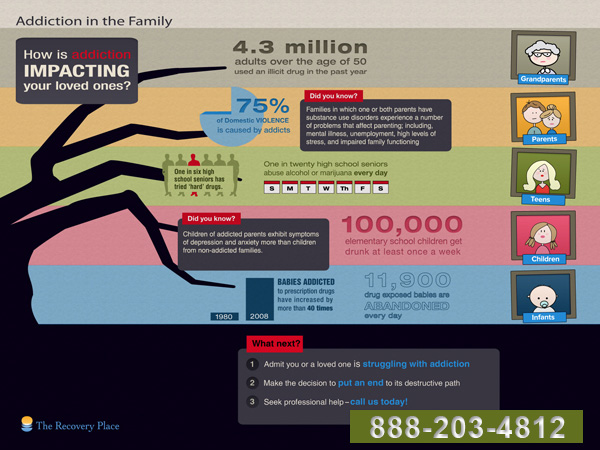Why Aftercare In Drug Rehab Is Critical For Long-Lasting Recovery. Find Out Exactly How Support Group Can Help You Remain Sober And Construct A Fulfilling Life
Why Aftercare In Drug Rehab Is Critical For Long-Lasting Recovery. Find Out Exactly How Support Group Can Help You Remain Sober And Construct A Fulfilling Life
Blog Article
Created By-Vittrup Finch
You can't do it alone. Recovery from drug addiction needs a solid support group.
The value of aftercare in drug rehabilitation can not be overstated. In this post, we will check out the duty of counseling, the benefits of treatment, and the foundation given by peer support system in maintaining soberness.
So, get a cup of coffee, kick back, and let us lead you via the important actions of post-rehabilitation support.
The Duty of Therapy in Aftercare
If you wish to maintain your sobriety after leaving rehab, it's critical that you continue taking part in therapy sessions as part of your aftercare plan.
Counseling plays a vital duty in your recuperation journey by giving continuous assistance, support, and a safe space to express your sensations and issues.
Through counseling, you can deal with any type of underlying concerns that may have contributed to your addiction, establish dealing techniques, and find out much healthier means to manage stress and anxiety and cravings.
https://writeablog.net/dominic63brendon/experience-the-transformative-benefits-of-specialized-drug-recovery enables you to overcome any unsolved emotions and establish a far better understanding of on your own and your triggers.
The Advantages of Therapy in Preserving Soberness
To maintain your sobriety, therapy can give countless benefits.
- Treatment uses a risk-free area for you to explore and address the underlying issues that might have added to your dependency.
- It permits you to overcome your feelings and establish much healthier methods of handling stress and anxiety and causes.
- Through therapy, you can gain a much better understanding of on your own and your patterns of actions, which can aid you make positive modifications in your life.
- Furthermore, treatment provides you with a support group of experts that are trained to guide and assist you on your trip to recovery.
- They can offer beneficial understandings, devices, and methods to aid you navigate the challenges that may arise.
- In therapy, you can discover to create healthy and balanced coping skills, build resilience, and improve your total wellness.
Peer Support Groups: A Foundation for Lasting Recovery
You can find lasting recuperation by actively participating in peer support groups and connecting with others that share similar experiences and goals.
Peer support system supply a risk-free and non-judgmental area where individuals in healing can collaborate to share their battles, successes, and insights. By proactively participating in mouse click the up coming internet site , you can get the assistance and inspiration you need to stay on the course of healing.
Getting in touch with others who have actually experienced comparable experiences can be exceptionally encouraging, as it assists you realize that you aren't alone in your journey. It additionally allows you to gain from others who have actually efficiently conquered comparable challenges. Together, you can commemorate turning points, hold each other responsible, and offer advice and recommendations.
Through these connections, you can construct a strong support system that will certainly help you navigate the ups and downs of recuperation and inevitably discover long lasting healing and change.
Conclusion
You have actually learned about the critical duty of aftercare in drug rehabilitation. Therapy, treatment, and peer support groups contribute to lasting recuperation. Here's a shocking fact to understand the magnitude of the concern: studies show that people who get aftercare treatment are 50% most likely to keep soberness contrasted to those who do not.
So, imagine the transformative power of these support systems in aiding people recover their lives and build a brighter, drug-free future.
